Why do you need to blow your own trumpet?
In most social situations, blowing your own trumpet is thought inappropriate. It may be a British disease, but most of us don’t like hearing other people talking about how good they are. We call it ‘bragging’ or ‘showing off’. It’s as offensive to our ears as if someone were to blow a loud, harsh note on a trumpet. So, as a consequence most of us are careful to avoid doing it.
In social situations that may be appropriate. It may be the best thing to be modest and give the glory for your achievements to an excellent team or to play down the significance of what you’ve done. But when it comes to securing the job you’ve always wanted or a prestigious contract, it’s important that you are the star of the show and that your value is easy to communicate. It’s also relevant for performance reviews and any kind of audit.
The problem is, if you don’t do it very often, you’re probably not comfortable blowing your own trumpet. It might not be easy. There is a very real danger that you just sound like you’re bragging and end up alienating your audience. Blowing your own trumpet without sounding big-headed can be done, but there is an art to it. A subtle art, that’s all to do with use of language.
So where do you start?
First of all, it’s important to identify what you want to blow your trumpet about. Simply telling people ‘I’m wonderful’ isn’t going to do any good. You’ve got to know why you’re wonderful. If you like, you’ve got to decide what tune you’re going to play.
Depending on the context, you might want to talk about your skills, your achievements, your personality or maybe your network.
Let’s look at each of these in turn, starting with:
Skills
Think of something that you know you can do well. In my case, as a trainer of NLP, I know I’m good at teaching NLP, in particular to Senior Executives. If I simply say, “I’m really good at teaching NLP to Senior Executives” that sounds bigheaded. I feel uncomfortable saying it and so the temptation is to lessen the discomfort by playing down the skill. So I might say “I’m quite good at teaching NLP”. That won’t impress you if you’re an HR Director looking for someone to hire to work with your Board. So what’s the alternative?
The reason why the first statement sounds bigheaded and slightly offensive is because it’s an unsubstantiated claim. Why should anyone believe me? So the key is to explain how the skill has been developed and what evidence you have that what you do is successful.
So I might say something like:
“In the 25 years I’ve been working with NLP I’ve concentrated on how it can be applied at senior level in business. Through working with Directors and Senior Managers in organisations across a variety of industries I’ve discovered some key strategies that make sense to experienced, commercially-minded people and that can be relied on to deliver a tangible difference to business performance.”
By providing the extra detail about how I acquired the skill, how I’ve applied it and the results that I’ve achieved, my claim that ‘I’m good at teaching NLP to senior business leaders’ has much more credibility.
Also by providing the extra detail, I can slip in other relevant facts. Did you notice me saying I’ve got 25 years experience?
One of the skill areas that is relevant to almost any job is that of communications. If you say at interview, “I’m a good communicator” that’s going to sound big-headed. And if you’re a bit nervous and not as fluent as usual, you might feel particularly foolish saying it.
Consider instead how it sounds if you say something like, “I’ve learned how important it is to communicate well and consistently. My most recent manager was very good at keeping everyone informed, at having one-to-one meetings and giving people feedback. He coached me to do the same and I’ve really seen the difference it can make to the morale and productivity of a team.”
This works on a number of levels, first it doesn’t sound arrogant! Also, it provides the information about HOW you developed the skill and at the same time demonstrates that you had a relationship of mutual respect with your previous boss. There’s also the covert message that you recognise that communication affects productivity and you’re not just paying lip-service to the idea that it’s important.
Practice: choose one of your skills and work out how you can present it: how did you acquire the skill, how have you applied it, what results did you achieve?
So let’s move on to:
Achievements
If you want to impress someone with your achievements, it’s not usually enough to talk about results. It’s much more impressive if you can explain something about the journey and the challenges along the way.
For example, if I tell you that one of my client organisations increased their business by 20% in 12 months; you probably won’t be very impressed.
Compare that with, “One of my client organisations is in the automotive sector, which was very badly affected at the start of a recession in the sector. But through a very carefully targeted executive development programme followed by a leadership programme for supervisors and team leaders, they went from working a 4-day week to a 7-day week and grew their business by 20% against the trend in their industry. The training I delivered for them won a National Training Award.”
By giving details of where you started as well as where you finished, you can create a much better impression.
In one company I worked with a project manager told me that his annual review had been disappointing and he’d only received an average rating despite delivering a very challenging project to a tight schedule. He had a colleague who had delivered a much smaller and less demanding project who had received a high rating. His colleague had been very vocal about every problem encountered in his project and had taken up time in meetings discussing the ways to solve his problems.
The result was that the Programme Manager knew that one of the project managers had had a lot of problems and had still delivered. He didn’t know that the other project manager had also had a lot of problems but had solved them himself, without complaining or taking up other people’s time. He told me ‘I thought that was my job and I did it as well as I could, but it didn’t get me the reward I think I deserve.’
People can’t be impressed if you don’t tell them what to be impressed about.
Let’s do another example:
“In 2009 I achieved certification as a Master Trainer of NLP”
You don’t know whether that’s impressive or not, unless you know something about the qualification and what it takes to achieve it. It will also help if you know something about me. So I might say:
“I’m fortunate that academic qualifications came fairly easily to me. I’ve got a good memory for facts and figures and I never suffered from exam nerves. But when I enrolled in the Master Trainer programme I knew it was going to be a challenge because it’s all about demonstrating competence and providing evidence of success. It was a lot of hard work over several years and I feel really honoured to have been awarded the qualification.”
It also helps if you mention how you feel about the achievement. It makes you more human and helps your interviewer or audience relate to you.
One other thing, if you’re going to talk about the obstacles you had to overcome to achieve your results, be careful about how you describe the obstacles – especially if they’re people! If you say, “it was a difficult project because most of the team weren’t up to the job and I didn’t get enough support from my manager” you’re just blaming everyone else for the problems.
Instead you might say, “It was a difficult project for me because I hadn’t worked with such an inexperienced team before and my manager was also under a lot of pressure with other projects at that time.”
Practice: think of one or two of your own achievements and consider what you would say about the journey and the challenges involved in getting the results.
If you’re in a job interview, you might also need to blow your own trumpet about your…
Personality
This can be tricky if you make it all about you.
Suppose I say, “I’m very approachable and trustworthy” I’m probably going to cringe as I say it because it sounds so bigheaded. I can immediately tone that down by focusing on other people’s reactions to me:
“I’m the kind of person that lots of people confide in”
That could still sound arrogant, so let’s apply the same principle as we have with skills and achievement and give some more detail to back up the statement:
“I’ve worked with people throughout my career and I’ve learned how to listen and how to make it safe for people to talk about the things that matter. It’s important to me that people feel valued as individuals and that they know their confidence will be respected.”
That gives you a picture of me as someone that people will trust and confide in, without me actually saying it in so many words.
Practice: which of your personality traits might you want to talk about? How can you describe them through focusing on the responses of other people?
The final area you might need to impress someone with is your…
Network
Here’s how not to do it:
“I know anyone who’s anyone in this industry.” Not only does that sound bigheaded, but if you’re talking to someone you’ve only just met, you’re implying that they’re nobody.
So again, we need to add some background to back up the statement and find a better way of expressing it.
“I’ve been lucky enough to work with most of the major players in this industry and I’m in regular contact with a lot of people who can give me advice when I need it.”
…and that’s how
You blow your own trumpet without sounding big-headed when you explain – with relevant detail – how you know that you’re good at certain things. This comes from being able to cite specific results, examples of comments from other people or by sharing your personal experience of closing the gap between a difficulty and its resolution.
Finally, remember that your greatest areas of skill are likely to be those you take for granted. The things you can do easily – without even having to think too much about them – they’re the things that are worth blowing your own trumpet about. Especially if they’re things that other people find hard.
Think about it…
![[Inspiration] Yes, that’s Wembley](https://www.brilliantminds.co.uk/wp-content/uploads/2024/04/IMG_3121-scaled.jpg)
![[Article] The North-South divide](https://www.brilliantminds.co.uk/wp-content/uploads/2019/06/thisandthat.jpg)
![[Article] My NLP Story](https://www.brilliantminds.co.uk/wp-content/uploads/2024/02/Screenshot-2021-01-12-at-15.04.41.png)
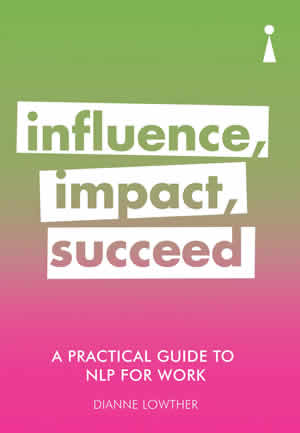
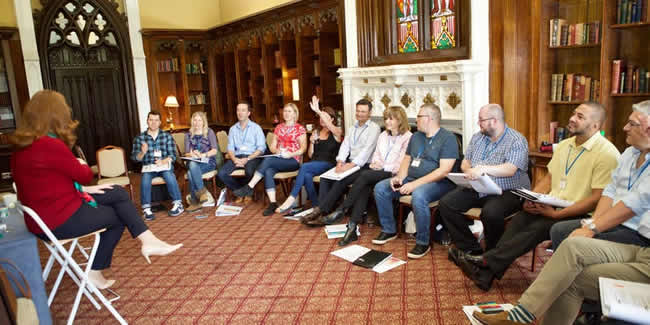
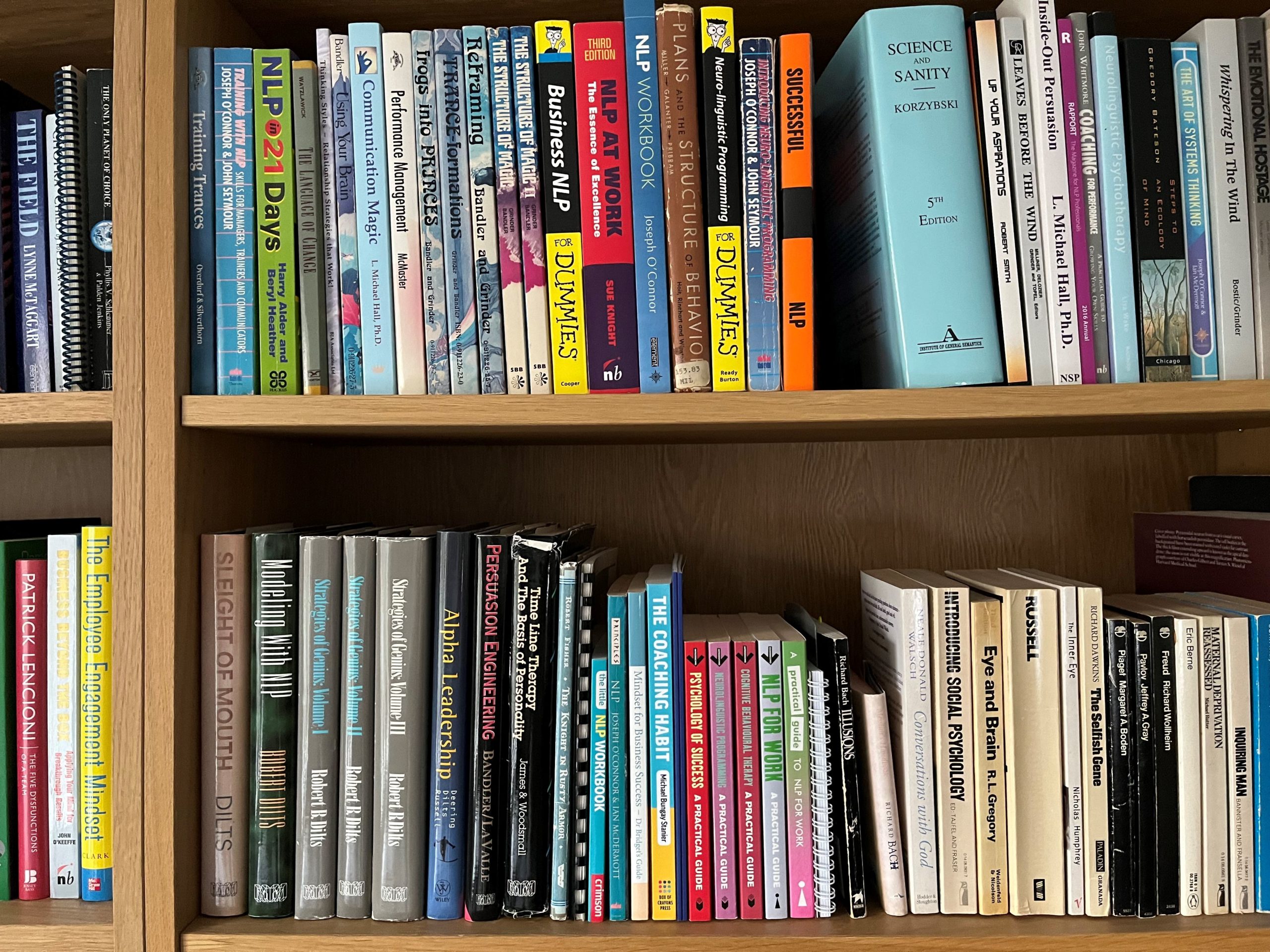
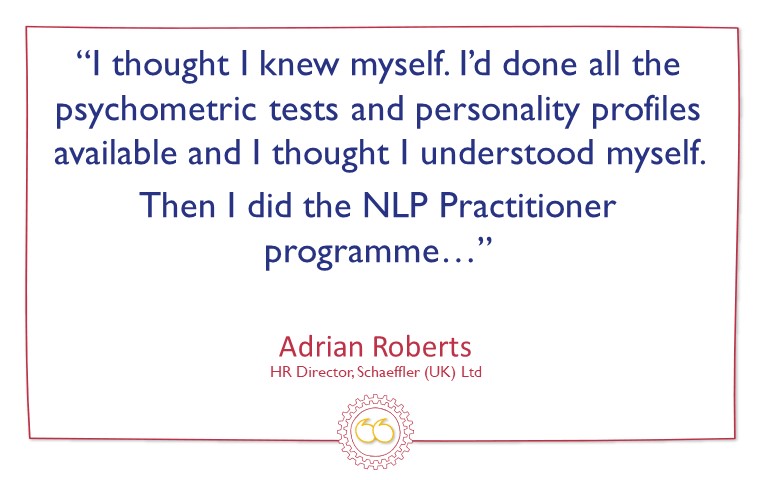
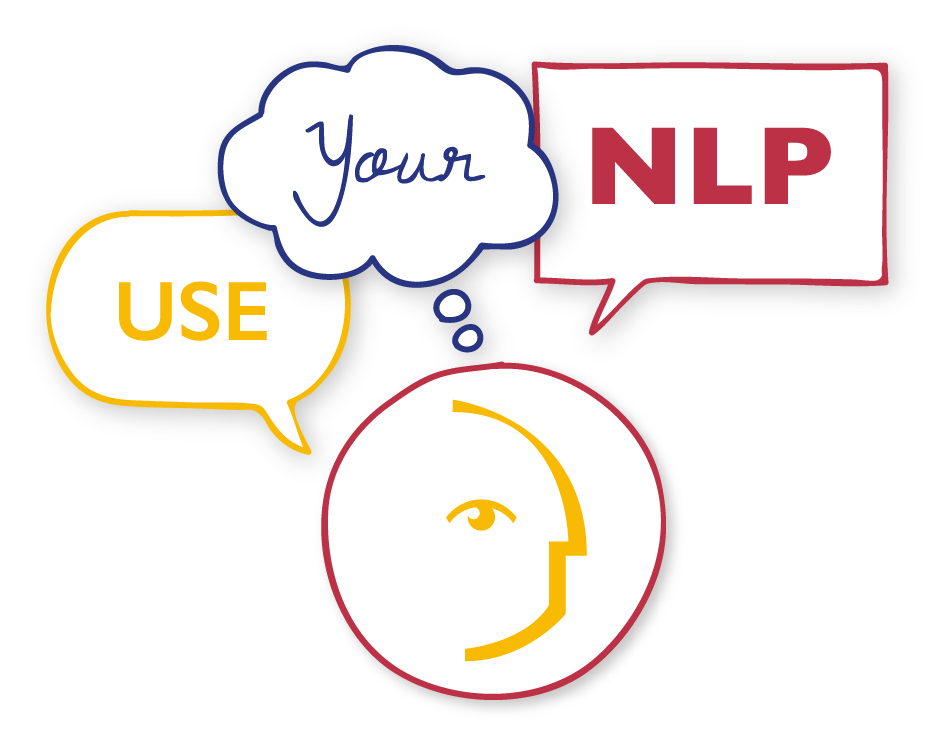
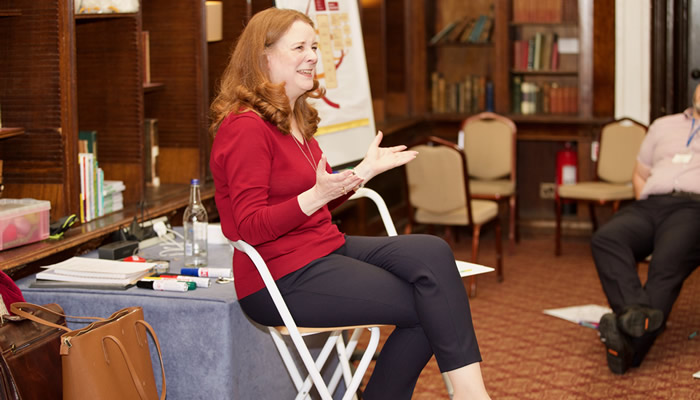
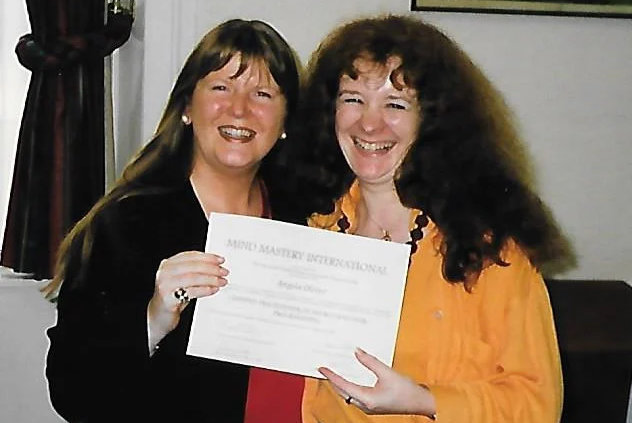
![[Article] Mental Health Musings – can work be therapy?](https://www.brilliantminds.co.uk/wp-content/uploads/2023/11/mental-health-musings.jpg)
![[Article] Leading a hybrid team](https://www.brilliantminds.co.uk/wp-content/uploads/2023/09/hybrid-working.jpg)

![[Article] I don’t like cricket – I love it!](https://www.brilliantminds.co.uk/wp-content/uploads/2022/03/dianne-edgbaston-2021.png)
![[Article] Why do we work in teams?](https://www.brilliantminds.co.uk/wp-content/uploads/2023/01/group-photo-cropped.png)
![[Article] Using NLP in Business](https://www.brilliantminds.co.uk/wp-content/uploads/2021/08/team-july-2021.png)
![[Video] Mindset, Mindfulness and Mental Health](https://www.brilliantminds.co.uk/wp-content/uploads/2022/12/video22-12C.png)
![[Video] Four ways to increase business results with Neuro-Linguistic Programming](https://www.brilliantminds.co.uk/wp-content/uploads/2022/12/video22-12B.png)
![[Video] Six things you probably need to know about Neuro-Linguistic Programming](https://www.brilliantminds.co.uk/wp-content/uploads/2022/12/video22-12A.png)
![[Article] How to blow your own trumpet without sounding big-headed](https://www.brilliantminds.co.uk/wp-content/uploads/2019/01/photo8.jpg)




